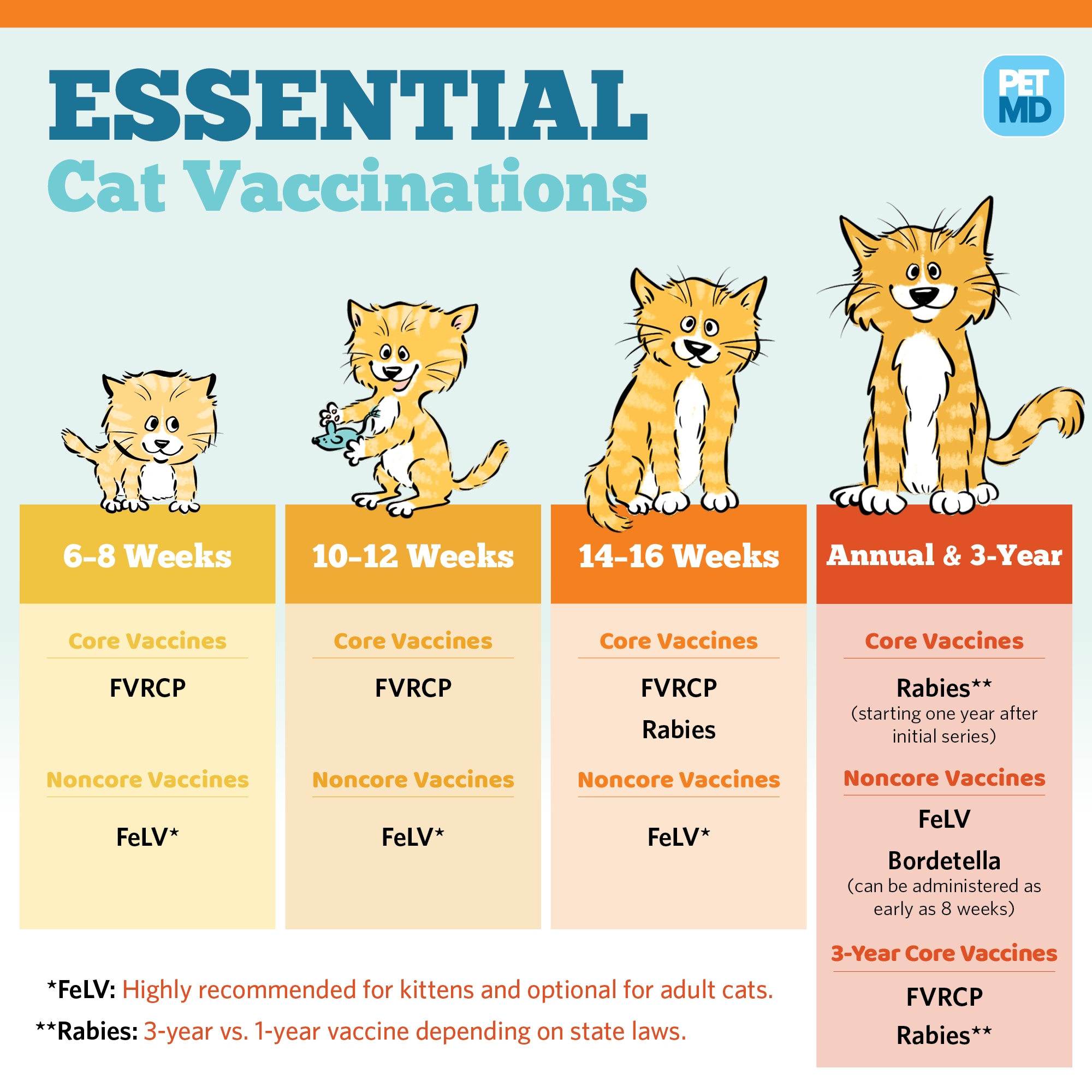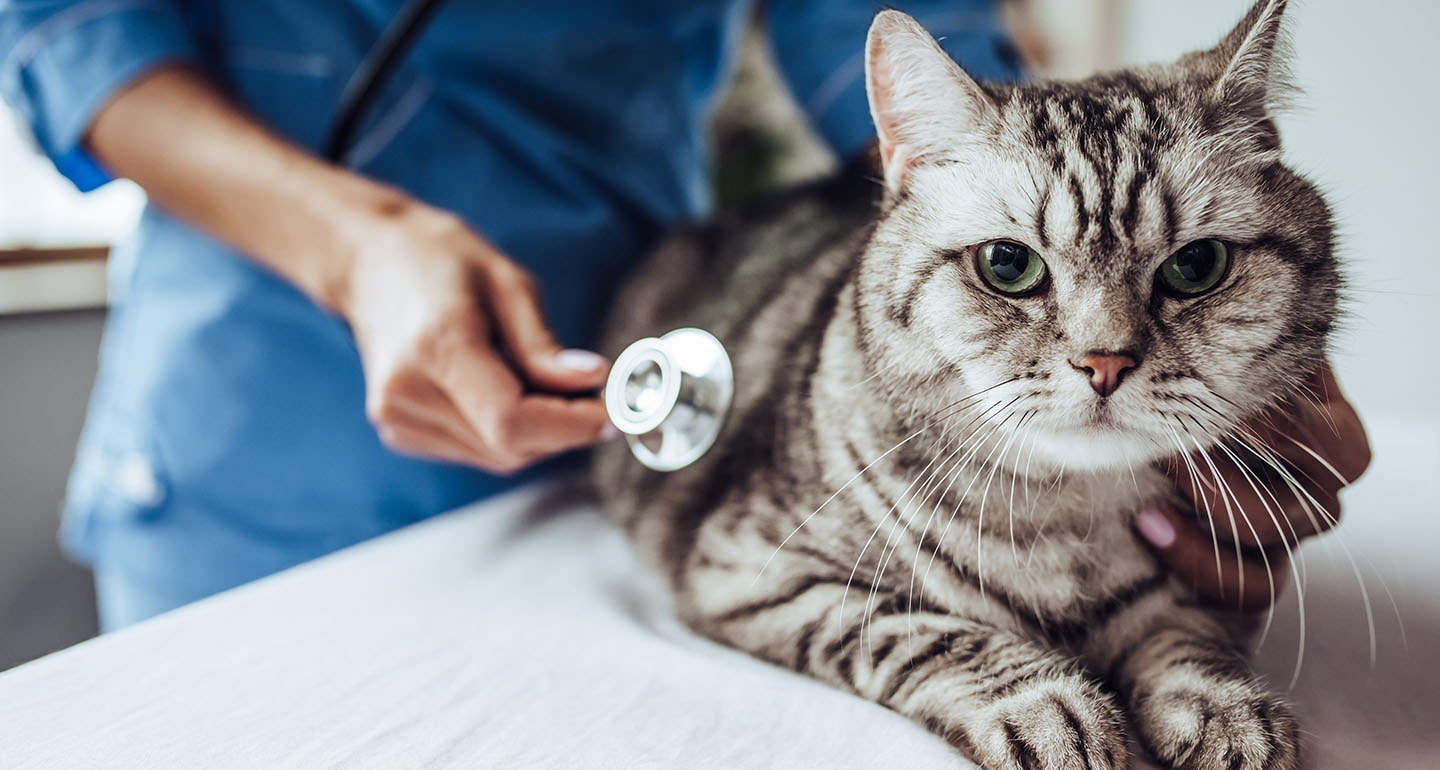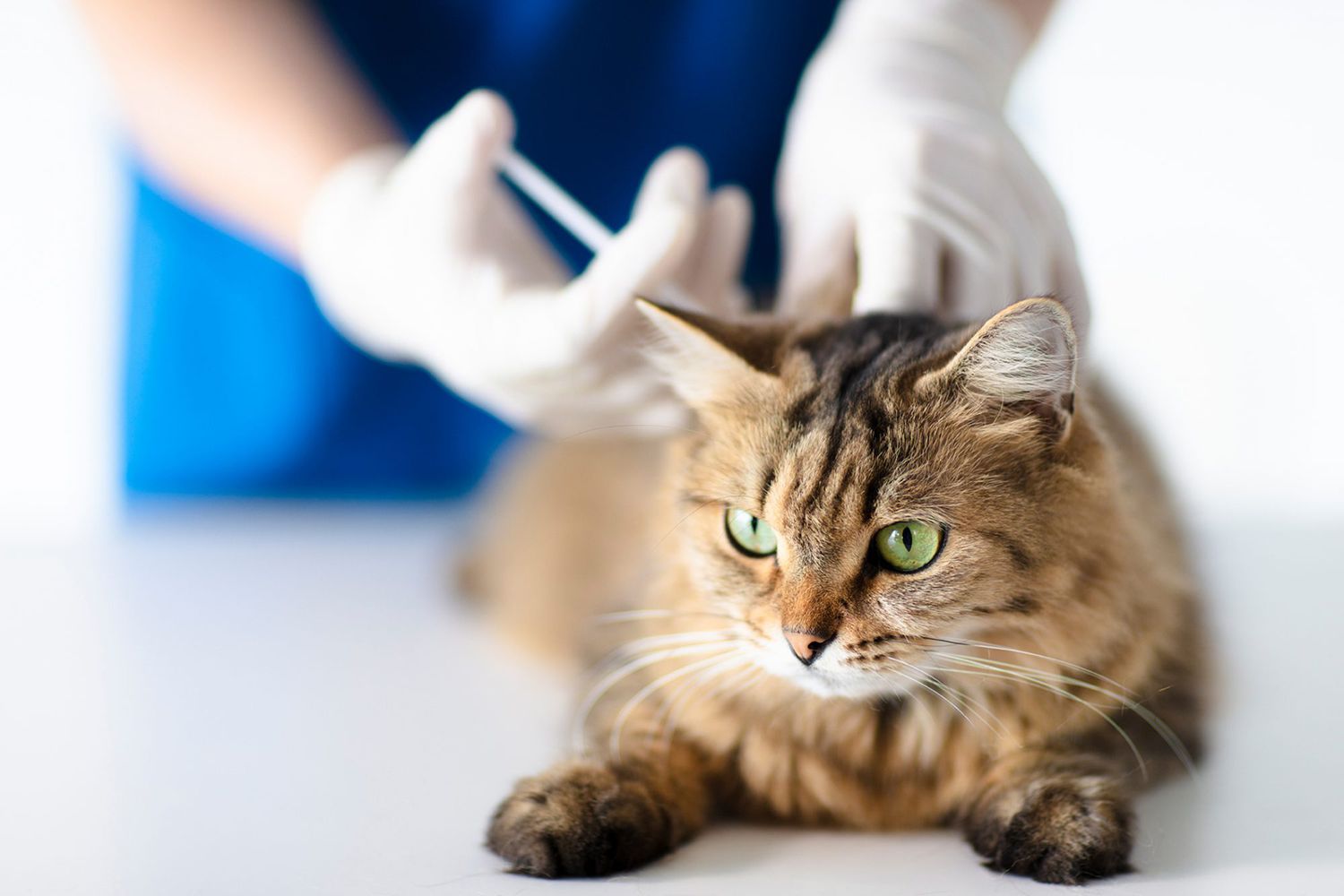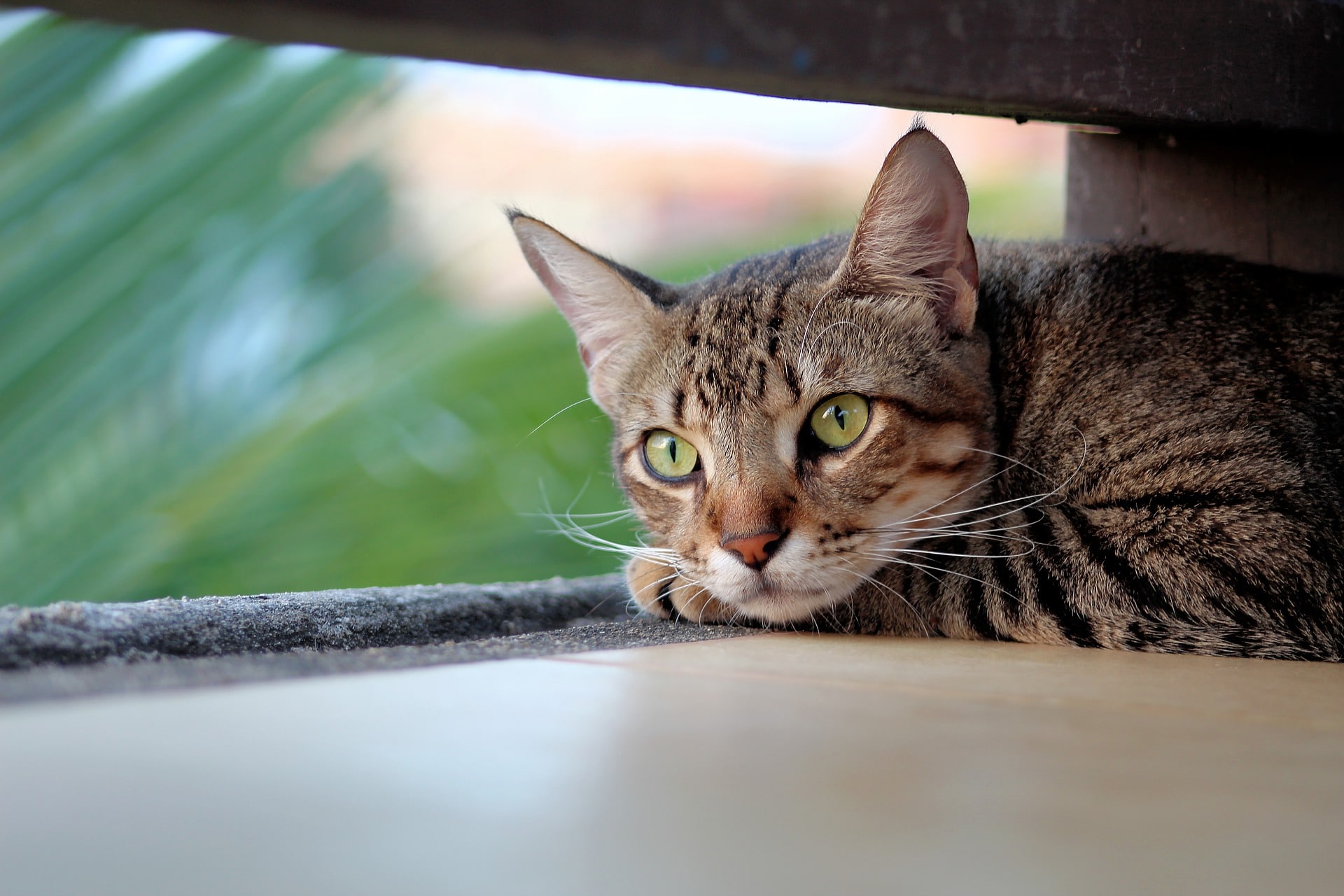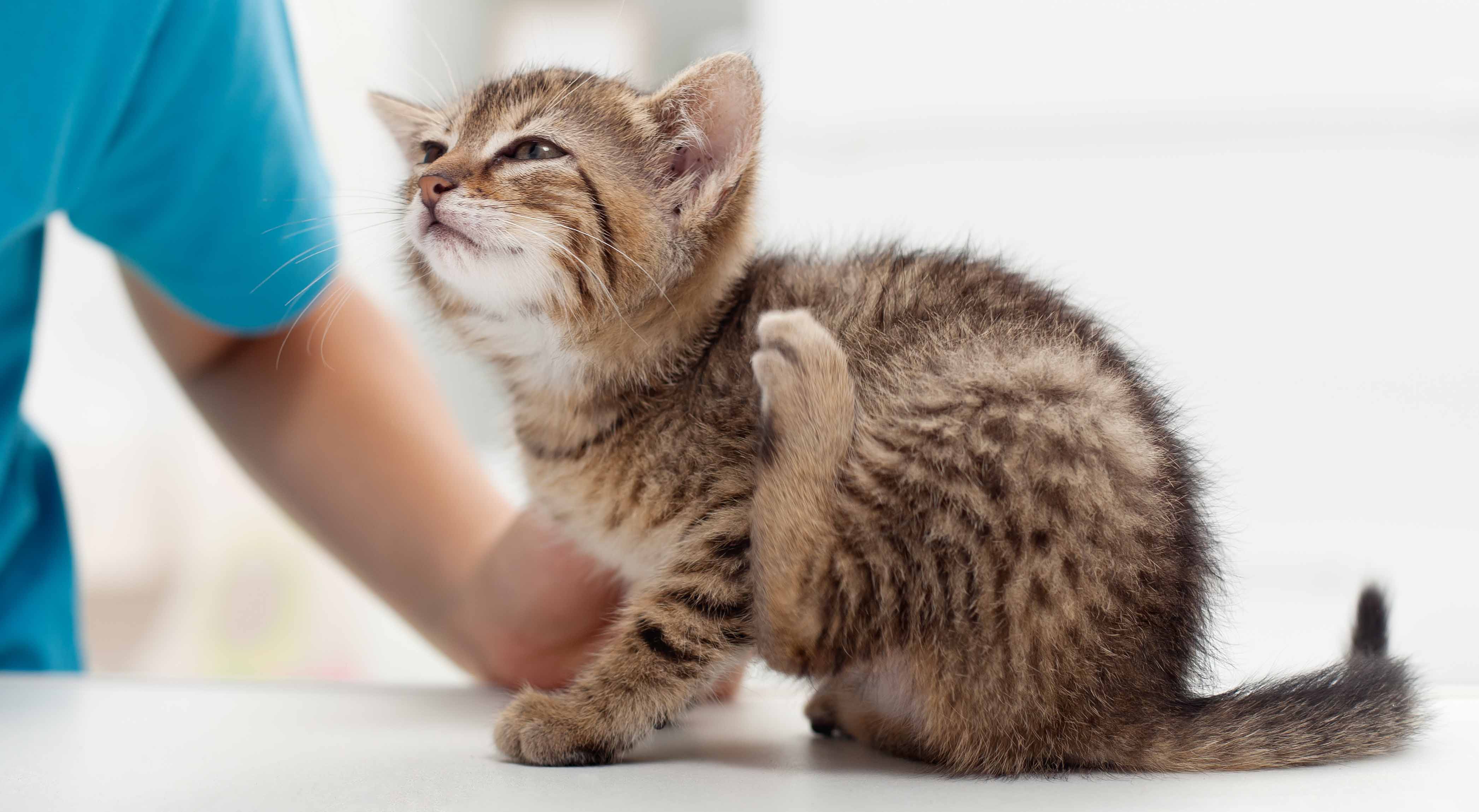Fvrcp Vaccine For Indoor Cats

Administered to kittens at 6-to-8 weeks old and once per year or every two to three years for adults it gives you peace.
Fvrcp vaccine for indoor cats. Most cats recover but kittens can be severely affected and develop oral and corneal ulcers. Panleukopenia also known as feline distemper Feline. All cats even indoor felines who never go outdoors or interact with other cats should still receive FVRCP shots.
Click to see full answer. Feline caliciviral disease caused by various strains of feline caliciviruses FCV. The other core vaccine is the FVRCP vaccine.
I have not vaccinated our two oldest cats in a number of years indoor only. I therefore recommend that all cat owners diligently have their cats vaccinated with the so-called FVRCP at 6-8 weeks 10-12 weeks and 14. You might have guessed my answer to the question Should you vaccinate your indoor cat is yes.
Rhinotracheitis calicivirus and panleukopenia. The FVRCP vaccine has been shown to confer immunity for at least three years so vaccinating your cats with this vaccine any more frequently is probably unnecessary. Is the FVRCP Vaccine Necessary for Indoor Cats.
Feline chlamydiosis caused by Chlamydophila felis infection. Cats heading into stressful situations such as boarding may benefit from a core vaccine booster 7-10 days before. The American Association of Feline Practitioners also recommends rabies vaccination for cats based on the local regulation and a tri-annual FVRCP vaccination to keep your cat in tip top shape.
Herein is Fvrcp vaccine necessary for indoor cats. FVRCP vaccine protects cats from Feline Viral Rhinotrachetis and Clicivirus infection both of which are upper respiratory viruses and Panleukopenia also called feline distemper. Chronic infection can also occur since it is a.
